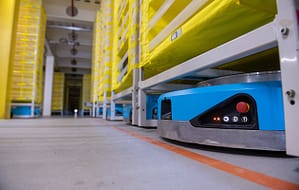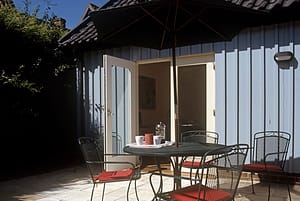A recent judgment in France regarding a legal case that began back in 1999 has drawn further attention to the mineral wool industry, as well as the need for scrutiny of claims of environmental sustainability made by industries.
The case began in 1999 when the French Federation of Manufacturers of Mineral Wool Insulating Materials (FILMM), which represents companies like Knauf and Rockwool, filed a complaint against Actis Isolation. FILMM accused Actis of violating unfair competition rules by using misleading comparative advertising. Actis had claimed that its product, a thin multi-layer reflective insulation, was equivalent, or better performing than mineral wool insulation. However, the highest civil court in France has rejected FILMM’s claim.
The ruling reveals that the actual insulating properties of the mineral wool products at issue were far worse, up to 75%, than claimed by the mineral wool producers at the beginning of the proceedings.
Reacting to the court’s decision, former French MP Jean Yves Le Déaut, who is also the former vice president of the French Parliamentary Office for the Assessment of Scientific and Technological Choices, was quoted in French newspaper Les Echos as saying: “We are in the presence of an ‘isolgate’ if we compare this situation to the case of diesel car engines, where, obviously like in the current case, performance levels have been calculated theoretically to hide the reality.” For Mr Le Déaut, there were questions to be answered regarding public funding support for such products if their performance was below industry claims.
Insulation expert Claude Lefrançois presented his view that mineral wool companies had been involved in “greenwashing operations”. He asserted that mineral wool “quickly loses parts of its performance, due to the real operating conditions which are completely different from the laboratory evaluation conditions”.
Mr Lefrançois added: “Presenting it as a contributor to the fight against climate change that supports the reduction of CO2 emissions is quite a false statement. It is an OK insulating product similar to many others, not better, sometimes even worse; nevertheless, for those who care about ecology, and ultimately recycling, opting for this product is not a winning bet, far from it.”
The issue of whether mineral wool can really lay claim to green credentials is especially important at a time in the context of France’s Circular Economy Law and the European Union’s Circular Economy Action Plan. The EU initiative aims to strengthen consumer awareness and protection against any misleading “green” claims made by industries. The recently adopted French Circular Economy Law emphasises company accountability for the environmental quality and the durability of their products, including in the construction sector. The recent French ruling in the FILMM versus Actis case perhaps highlights that there is a need for scrutiny and vigilance over company claims in the context of these sustainability initiatives.






Leave a Comment